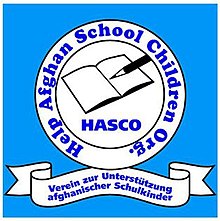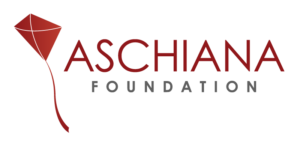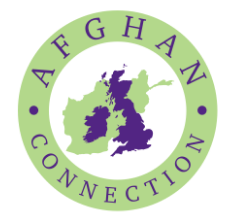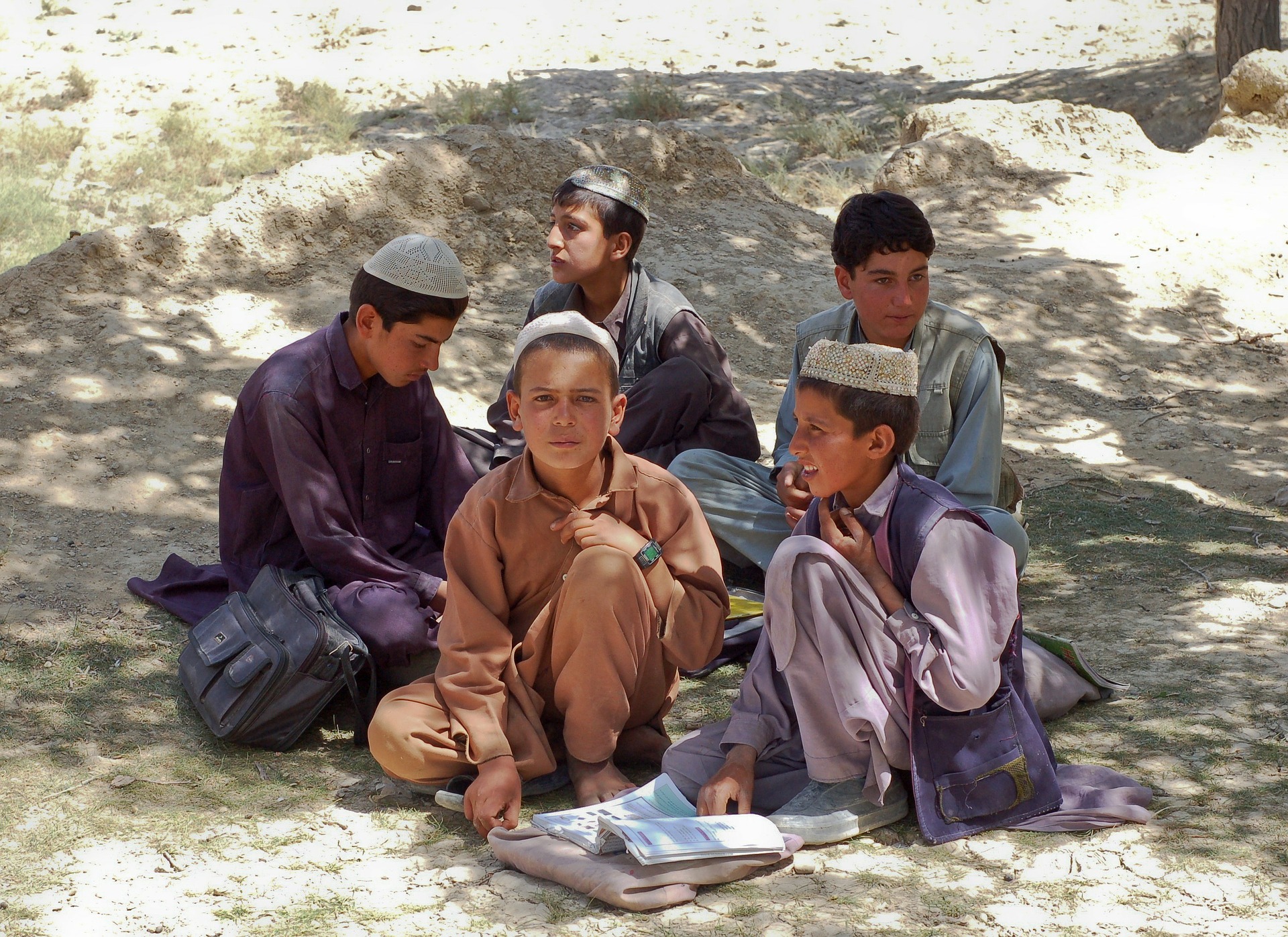In a 2015 article about a movie she shot in Afghanistan, director Pietra Brettkelly described the Afghan people as “resilient and welcoming.” The New Zealand-born documentary filmmaker added that they “cherish their culture and history.” Over the course of millennia, the people of Afghanistan have, despite hardships, developed their own distinctive customs in areas such as the visual arts, music, and food—cultural traditions that they continue to pass on to younger generations.
Today, these young generations of Afghans are in need of social support from nonprofit groups in order to lead healthier and happier lives. The following three charitable organizations are among the most notable groups that are making a significant difference in the lives of Afghan children through various forms of educational support.
-
Help Afghan School Children Organization
 Education plays a crucial role in reducing poverty and the improving the health of children worldwide, many experts believe. Research has even suggested that 170 million fewer people today would be living in poverty if every child on Earth had the ability to read.
Education plays a crucial role in reducing poverty and the improving the health of children worldwide, many experts believe. Research has even suggested that 170 million fewer people today would be living in poverty if every child on Earth had the ability to read.
Based out of Vienna, Austria, the Help Afghan School Children Organization (HASCO) has made the education of Afghan children its primary goal. The group’s main service project focuses on providing school supplies to students in need. The education kits contain basic school supplies to support learning, including pens and pencils, notebooks and paper, rulers, erasers, calculators, and geometry sets. The organization also facilitates an educational sponsorship program for children in need who have lost their parents. Donations to HASCO can be send via mail.
-
Aschiana Foundation
 Like HASCO, the Aschiana Foundation concentrates on helping Afghan children in need to gain access to a quality formal education. The Aschiana Foundation’s approach to this important social movement, however, is quite different.
Like HASCO, the Aschiana Foundation concentrates on helping Afghan children in need to gain access to a quality formal education. The Aschiana Foundation’s approach to this important social movement, however, is quite different.
Created by Americans who lived and worked in Afghanistan and who witnessed the plight of many of the country’s children firsthand, the Aschiana Foundation takes a multi-pronged approach to addressing educational needs. While it operates independent programs in the cities of Gardez and Mazar-i-Sharif—as well as in internally displaced person (IDP) camps for children experiencing homelessness throughout the nation—the group’s primary work takes place in the capital city of Kabul, where the Aschiana Foundation built and operates a children’s center. The center features 24 classrooms, a library, music rooms, a kitchen, an outdoor activity space, clean bathrooms, and even a health clinic.
At the center, employees provide two types of education classes. The first is a basic education class which aims to help children catch up to their peers who have received formal schooling, along with computer lessons to prepare them for the modern world. Potentially more impactful, however, are the trade classes that the Aschiana Foundation offers, including lessons in professional sectors relevant to the Afghan economy. They include tailoring, carpentry, and masonry. In many cases, children in Afghanistan between the ages of 5 and 16 years old must work at least part time every day in order to help their families. The Aschiana Foundation aims to help them develop useful job skills that may support them in their quest to do so.
Lastly, at every operations site operated by the Aschiana Foundation, children are able to access basic hygienic materials, hot meals, and, in the case of the IDP camps, even clothing donations. The nonprofit outlines the five most effective ways for donors to support their work on the “How to Help” page of their website, Aschiana-foundation.org.
-
Afghan Connection
 Afghan Connection focuses on the academic education of children in Afghanistan. The group also provides a unique and important learning experience to the country’s youth. Through a collaboration between Afghan Connection and the Marylebone Cricket Club (MCC), the charity helps teach children across the country to play cricket while also providing them with the training, facilities, and equipment necessary to compete.
Afghan Connection focuses on the academic education of children in Afghanistan. The group also provides a unique and important learning experience to the country’s youth. Through a collaboration between Afghan Connection and the Marylebone Cricket Club (MCC), the charity helps teach children across the country to play cricket while also providing them with the training, facilities, and equipment necessary to compete.
To this day, the nonprofit has built 100 cricket pitches at schools throughout the country, which have allowed more than 100,000 children to participate in the sport. These schools have also received sporting attire and cricket kits appropriate for hosting games, and the organization has trained 180 teachers at the schools to become youth coaches. Altogether, 4,500 students to date have participated in 9 regional tournaments since the inception of Afghan Connection.
In 2002, Dr. Sarah Fane established Afghan Connection after serving as a physician in the country. While the organization originally focused on providing medical equipment and training for vaccination programs, it has increasingly emphasized education to facilitate progress in the country. The organization has supported the education of over 75,000 children through the construction of 46 schools.

